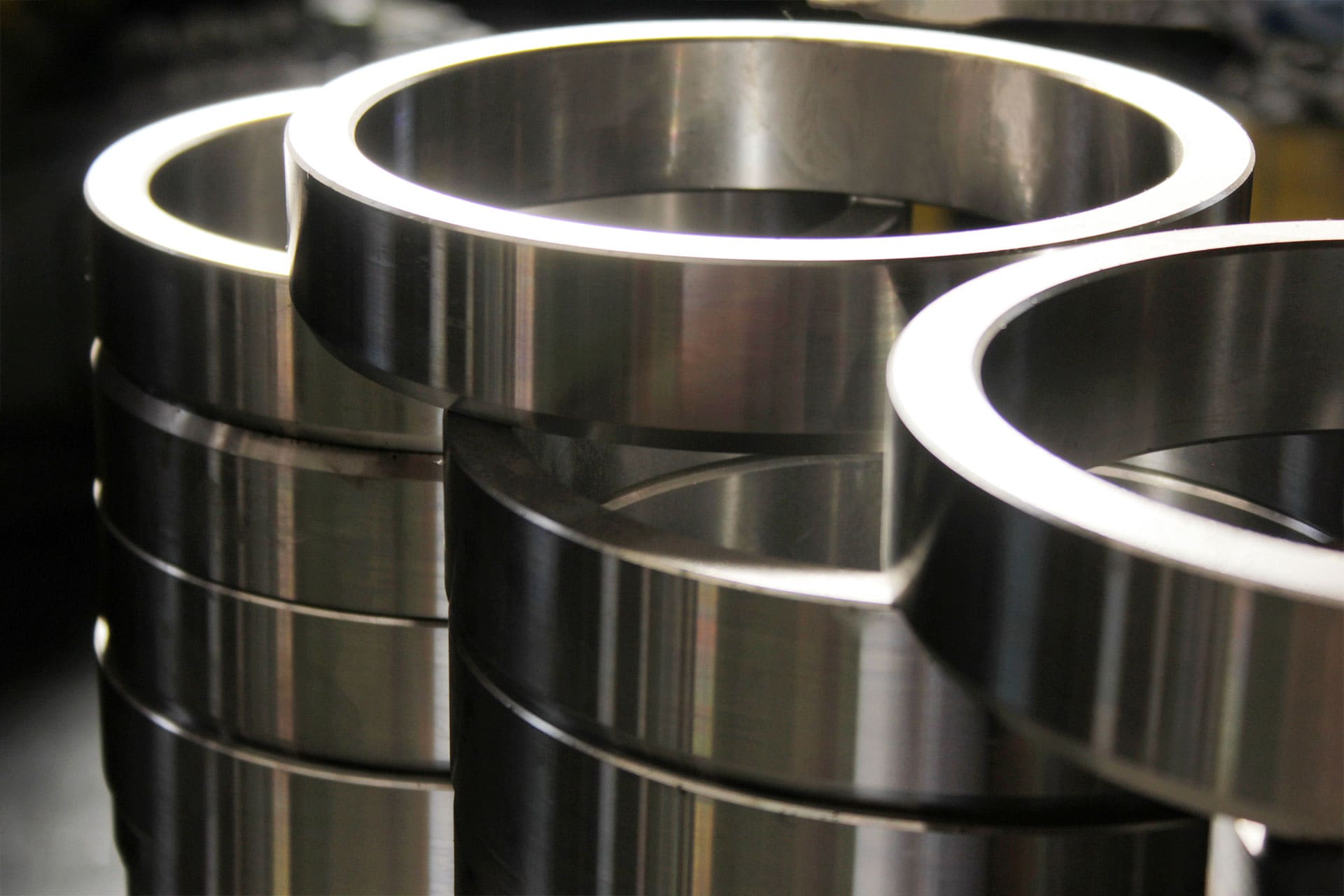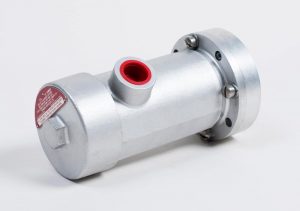Common quality control measures in Aluminum Foundry operations and their benefits
Wiki Article
Comprehending the Role of Aluminum Foundry in Creating High-Quality Metal Products
Aluminum foundries are essential in the production of high-grade steel products. They utilize numerous casting methods, such as sand and pass away casting, to accomplish accuracy and toughness. With rigorous top quality control measures in position, these facilities assure that their products meet industry standards. As markets evolve, the duty of Aluminum foundries proceeds to adapt. This raises concerns concerning future innovations and sustainability practices that might redefine their influence.The Aluminum Spreading Process: Techniques and Developments
The Aluminum spreading procedure has actually advanced considerably, incorporating different methods and innovations that boost efficiency and product top quality. Generally, approaches such as sand spreading and pass away casting were primary; nonetheless, advancements have presented procedures like financial investment spreading and low-pressure die casting. These advancements make it possible for manufacturers to achieve intricate styles and tighter tolerances, decreasing material waste and boosting overall efficiency.In addition, the combination of computer-aided layout (CAD) and simulation software application permits even more specific modeling and screening, ensuring that prospective problems are identified early in the production cycle. In addition, innovations in alloy solutions bring about enhanced mechanical properties and rust resistance
These growths not only simplify manufacturing but also promote sustainability by minimizing power usage and emissions. As the industry remains to embrace new modern technologies, the Aluminum casting procedure continues to be a crucial part in producing top notch metal items that meet varied market demands.
Applications of Aluminum in Various Industries
Light weight aluminum's adaptability and beneficial homes make it an important product across various markets. In the automobile field, Aluminum is commonly utilized for its light-weight qualities, adding to boosted fuel effectiveness and performance. The aerospace sector also benefits, as aluminum's high strength-to-weight ratio boosts aircraft style while keeping safety requirements.In building and construction, Aluminum is favored for its resilience and resistance to deterioration, making it perfect for home window structures, roofing, and structural elements. The product packaging sector leverages aluminum's non-toxic nature and recyclability, specifically in food and drink containers, guaranteeing security and sustainability.
Additionally, the electrical market employs Aluminum for its exceptional conductivity in circuitry and transmission lines. The durable goods industry uses Aluminum in products ranging from kitchen tools to electronic devices, emphasizing its adaptability. Aluminum plays an essential duty in boosting capability, performance, and sustainability across varied applications.
Benefits of Utilizing Aluminum Over Various Other Metals
While lots of metals are used in numerous applications, Aluminum attracts attention as a result of its unique combination of residential or commercial properties that provide several benefits over various other products. Its light-weight nature greatly decreases transportation prices and power consumption, making it ideal for sectors such as auto and aerospace. Aluminum's outstanding corrosion resistance boosts resilience, extending the life of products and minimizing maintenance demands. In addition, it displays high thermal and electrical conductivity, making it suitable for electric and thermal management applications.The steel's malleability enables complex styles and complicated forms, offering adaptability in producing procedures. Light weight aluminum is 100% recyclable without loss of quality, advertising sustainability and decreasing ecological influence. These qualities, combined with its reasonably low price compared to various other steels, position Aluminum as a recommended option throughout various sectors. Generally, the advantages of Aluminum add to its boosting popularity in the production of top quality metal items

Quality Assurance Procedures in Aluminum Foundries
Quality control steps play an essential function in the Aluminum Foundry process, making certain that the end products meet rigorous industry criteria and customer expectations. These measures usually begin with product examination, where raw Aluminum is reviewed for pureness and structure. As soon as the spreading process begins, temperature control is crucial; preserving optimal molten steel temperatures stops flaws such as porosity and shrinking.Furthermore, non-destructive screening (NDT) methods, including ultrasonic and radiographic evaluations, are employed to detect interior imperfections my link without harming the castings. Visual inspections are likewise performed at numerous phases to determine surface area flaws.
Moreover, adherence to well-known top quality monitoring systems, such as ISO criteria, is crucial for preserving uniformity and traceability throughout the production procedure. Routine audits and staff member training on high quality requirements add to a general culture of quality, ensuring that the items not only go beyond but fulfill customer assumptions in efficiency and toughness.
The Future of Aluminum Foundries: Patterns and Sustainability
As the Aluminum Foundry sector progresses, arising trends and a concentrate on sustainability are improving its landscape. Enhancing demand for durable and light-weight products in industries like automotive and aerospace drives innovation in Aluminum casting strategies. Advanced modern technologies, such as fabricated intelligence and automation, are boosting manufacturing efficiency and precision view publisher site while decreasing waste.Sustainability is coming to be a critical problem, prompting shops to execute environmentally friendly practices, consisting of recycling Aluminum scrap and utilizing renewable resource sources. The shift in the direction of circular economic situation principles motivates factories to decrease ecological impact while satisfying customer expectations for lasting products.
Additionally, regulative pressures are pressing the industry towards cleaner procedures, fostering cooperation between producers and environmental organizations. As these fads merge, the future of Aluminum shops will likely be identified by a dedication to high quality, sustainability, and efficiency, ensuring their relevance in a competitive market.
Often Asked Concerns
What Are the Ecological Effects of Aluminum Foundries?
Light weight aluminum foundries add to ecological impacts through power intake, greenhouse gas exhausts, and possible air and water contamination. Additionally, mining bauxite for Aluminum can result in habitat devastation and soil destruction, affecting neighborhood ecological communities.

How Do Shops Guarantee Worker Safety And Security During Manufacturing?
Foundries execute extensive safety and security procedures, consisting of protective tools, ventilation systems, and normal training. They carry out danger evaluations and maintain security criteria to reduce hazards, ensuring a much safer working setting for employees throughout the manufacturing procedure.What Certifications Should an Aluminum Foundry Have?
An aluminum Foundry ought to have qualifications such as ISO 9001 for high quality management, ISO 14001 for ecological management, and OSHA compliance for security standards. These qualifications assure adherence to market guidelines and commitment to top quality and safety practices.Just How Does Aluminum Recycling Affect Foundry Operations?
Aluminum recycling considerably improves Foundry operations by giving an economical basic material source, lowering energy consumption, and minimizing environmental influence - Metal Castings. It likewise encourages sustainable techniques, allowing shops to keep competition in a swiftly developing marketWhat Are Typical Problems in Aluminum Castings?
Common problems in Aluminum castings include porosity, contraction, incorporations, and surface area blemishes. These problems can occur from inappropriate mold and mildew layout, insufficient pouring strategies, or contamination throughout the melting and spreading procedures, affecting overall item top quality.
Report this wiki page